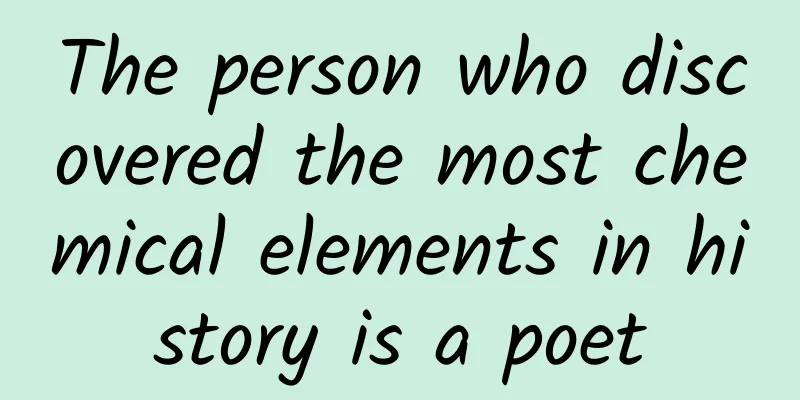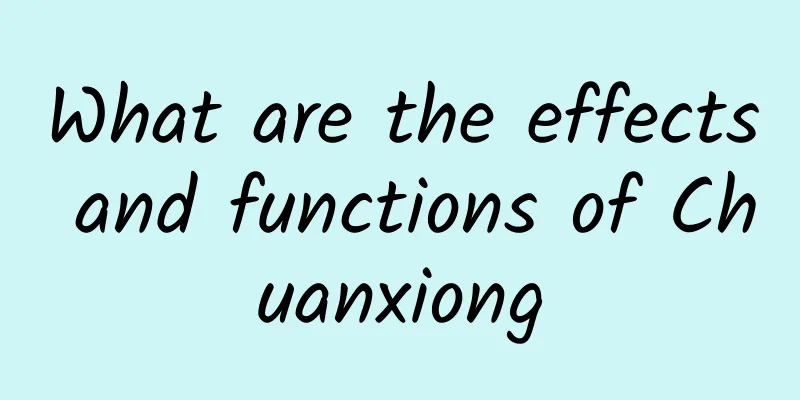What are the effects and functions of perilla stems

|
Traditional Chinese medicine is our traditional treatment method. Compared with Western medicine, its disadvantage is that it is more troublesome to use, but its advantage is that it has few side effects when used, so it has always been popular with patients. It also has its own unique effect when treating, which is to regulate and treat diseases from the inside. There is a medicinal ingredient in traditional Chinese medicine called Perilla stem, so what are the effects and functions of Perilla stem? Let’s take a look at it below. Efficacy and function 1. Used for colds, fever, chills, headache, nasal congestion, cough or chest tightness. 2. Relieve exterior symptoms, dispel cold, promote qi and harmonize the stomach. It is used for colds, coughs, nausea, vomiting during pregnancy, and fish and crab poisoning. 3. Used for symptoms of spleen and stomach qi stagnation, chest tightness, and vomiting. This product has the effects of promoting qi, relieving fullness, harmonizing the stomach and stopping vomiting. For those who are more prone to cold, it can be used together with Patchouli; for those who are more prone to heat, it can be used together with Coptis chinensis. For patients with qi stagnation and phlegm accumulation, it is often used together with Pinellia ternata and Magnolia officinalis. It is also used for vomiting during pregnancy and fullness in the chest and abdomen. It is often used in combination with tangerine peel and amomum villosum to enhance its anti-vomiting and fetal-stabilizing effects. It is used for abdominal pain, vomiting and diarrhea caused by eating fish and crabs, alone or in combination with ginger and angelica dahurica for decoction. 4. Since perilla has the effect of sweating and relaxing, when you suffer from colds, coughs, and pains, drinking a cup of warm perilla tea can effectively relieve the symptoms; when you feel stressed, physically and mentally exhausted, brew a cup of perilla tea, its special aroma can make people relax and calm. This special fragrance actually comes from perilla aldehyde, which, like perilla oil, can replenish blood nutrients and increase blood sugar levels, thereby alleviating anemia and restoring vitality to the body. 5. Perilla tea - anti-seafood allergy, relieving cold, treating colds, detoxifying fish and crabs 6. Perilla can also relieve the symptoms of chest and abdominal distension, treat periodontitis, and inhibit pollen allergies. Through the above introduction, we know the effects and functions of perilla stems, but we need to pay attention that we must take them under the guidance of a doctor. In addition, combining them with other Chinese medicines is the best treatment method. However, perilla stems also have a little side effect, which is that they can easily cause getting angry. |
<<: What are the effects of purple back amaranth
>>: Who should not eat angelica?
Recommend
The efficacy and function of the lost stick
Traditional Chinese medicine has always been the ...
Can Jiaogulan and lotus leaves be soaked in water and drunk together?
Due to the ever-increasing pace of life in our li...
If you are depressed, why can't you take antidepressants?
This is the 3722nd article of Da Yi Xiao Hu Aunt ...
The efficacy and function of the nine-headed demon
The nine-headed demon is one of the common tradit...
Which is better for making dough, yeast or baking soda? Fortunately, I found out today
When you think of yeast foods, what’s your first ...
What Chinese medicine is effective in replenishing kidney yin deficiency?
The severity of kidney deficiency is related to a...
What are the effects of Indonesian Tongkat Ali?
Indonesian Tongkat Ali can actually be said to be...
How long does it take for Chinese medicine to be effective for hair growth?
Due to high work pressure, heavy study burden, an...
The Ice Giant Arrives: A Giant Comet from the Oort Cloud
Comets are like lonely believers on a pilgrimage,...
From a rural kid in the South to a hot candidate for the Nobel Prize, he says if he can do it, so can you!
"When I was a child growing up in the mounta...
Is Maiqiu'er's explanation of the residue reliable?
In response to the milk quality issue that has at...
What are the functions and effects of Poria cocos peel
Poria cocos is a very common Chinese medicine, an...
Medicinal value of wolfberry
There are many kinds of common foods in life. Whe...
Why do my hands peel when the seasons change? It’s not just a lack of vitamins!
Expert of this article: Han Hongyu, Associate Chi...
Cows infected with avian influenza, how did the influenza virus become a demon? | Virus Super Topic
"There is a fish in the North Sea, named Kun...


![[Creative Cultivation Program] "From fish to humans" has more evidence, is the human middle ear transformed from fish gills?](/upload/images/67f0e4e6207b1.webp)






